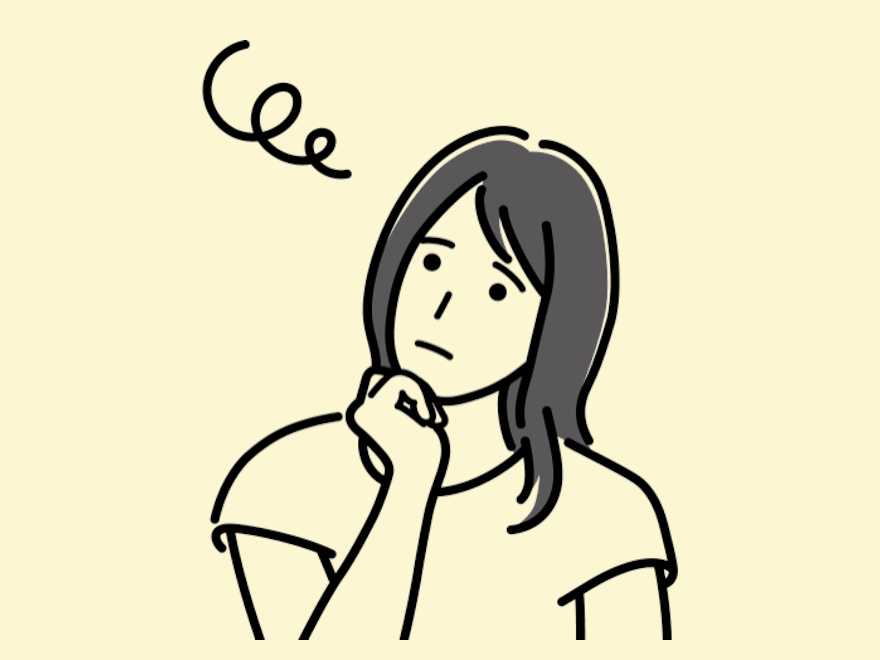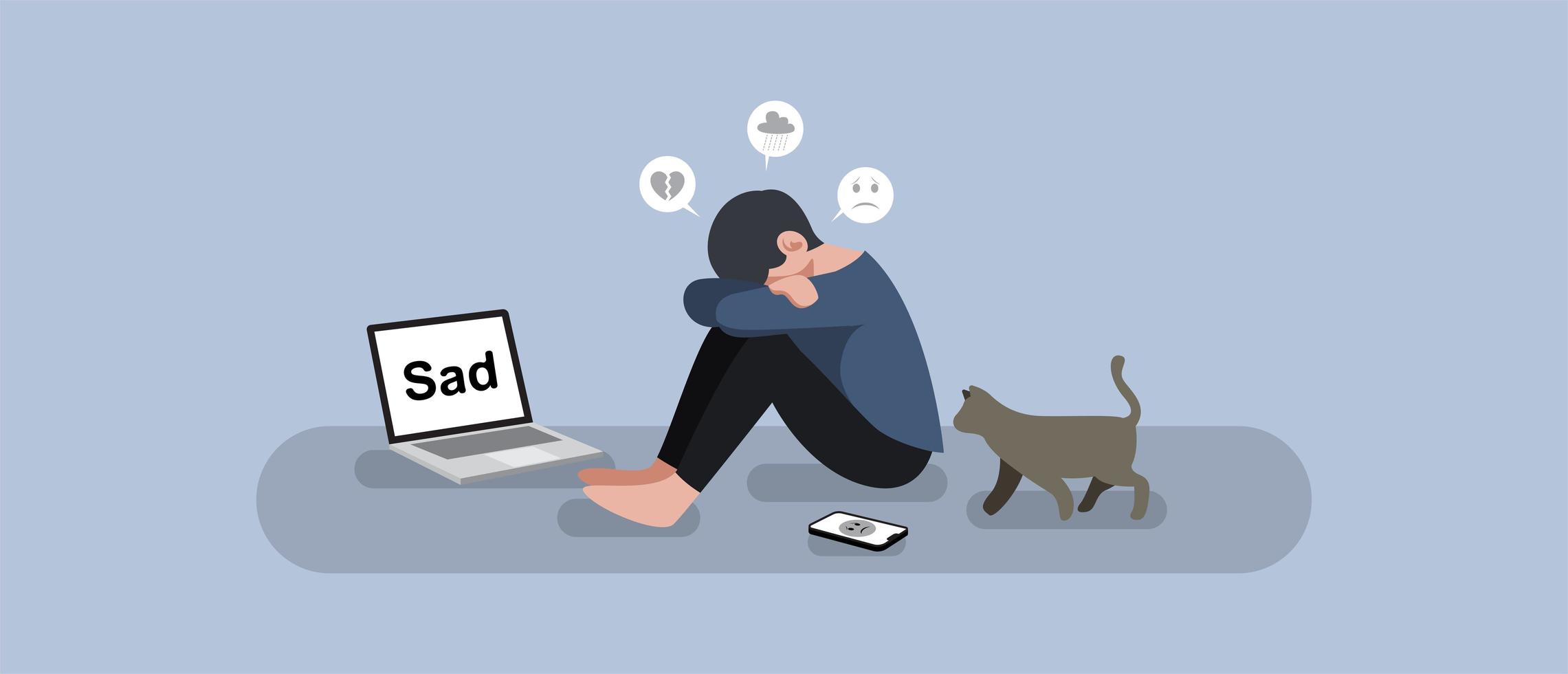Social Avoidance and Distress Scale (SAD)|共1题
Welcome to participate in the Social Avoidance and Distress Scale (SAD) test, which is a valuable opportunity to explore one's own social behavior in depth. The Social Avoidance and Distress Scale (SAD) is a psychological assessment tool aimed at evaluating an individual's tendency to avoid social situations and the accompanying feelings of distress. Avoidance is a behavioral manifestation in which individuals choose to avoid or refrain from participating in social situations; Distress is an emotional response, referring to the discomfort, anxiety, or pain that an individual feels when actually participating in social activities.
Novak Anger Scale|共25题
The Novak Anger Scale is not used for diagnosis, but rather as a self-assessment tool, derived from the book "Getting Out of Despair: Psychologists Teach You to Get Rid of Depression". It provides a framework for you to reflect and evaluate your anger response. Through this scale, you can better understand your emotional reactions when faced with provocation, and take appropriate measures to manage your anger.
General Self Efficacy Scale (GSES)|共10题
The GSES scale was developed by German psychologist Professor Ralf Schwarzer and his colleagues in 1981 and has been translated into multiple languages and widely used internationally. This scale consists of 10 items, covering aspects such as effort, talent, environment, goal achievement, and self expectation. Each project is evaluated using a Likert 4-point scale, ranging from 'completely incorrect' to 'completely correct'. The higher the total score of the scale, the stronger the individual's general self-efficacy.
Beck Depression Inventory (BDI-SF)|共13题
BDI-SF, The full name is Beck Depression Inventory - Short Form, which is a shortened version of the Beck Depression Inventory. The initial BDI scale consisted of 21 items, and later Beck introduced a 13 item version, BDI-SF, in 1974 to meet the assessment needs of patients with varying degrees of depression. This test is based on this brief version.
Social Phobia Self Test Scale|共10题
The causes of social anxiety disorder may be related to various factors such as genetics, neurobiochemistry, and psychosocial factors. However, there are currently no definitive diagnostic criteria and unified treatment methods. In order to help patients with social anxiety disorder and related individuals better understand their symptoms and severity, we have developed this simple and effective online psychological testing tool - the Social Anxiety Self Test Scale.
PHQ-9 Depression Screening Scale|共9题
Welcome to participate in the PHQ-9 Depression Screening Scale test, which is an important step towards gaining a deeper understanding of one's own psychological state. PHQ-9 (Patient Health Questionnaire-9) is a widely used depression symptom assessment tool in clinical and research fields. It consists of 9 questions covering nine common depression symptoms, including low mood, loss of interest or happiness, sleep problems, fatigue, changes in appetite, decreased self-evaluation, attention problems, suicidal or suicidal thoughts, etc.
Positive and Negative Affect Scale PNAS|共20题
The PNAS scale, also known as the Positive and Negative Affect Schedule, is a psychological measurement tool used to assess the degree of positive and negative emotions an individual has experienced in the past month. Positive emotions include pleasant, energetic, and satisfying emotions such as excitement, pride, and inspiration; Negative emotions include unpleasant, painful, and frustrating emotions such as fear, guilt, and hostility.
Burns Depression Inventory (BDC)|共15题
Welcome to participate in the "Ennis Depression Checklist (BDC)" test, which is an important step towards gaining a deeper understanding of one's own psychological state. The Burns Depression Checklist (BDC) is a self diagnostic tool designed by Dr. David D. Burns, a new generation of psychotherapist from the University of Pennsylvania in the United States, aimed at helping people quickly assess whether they have symptoms of depression.
SAS Self Rating Anxiety Scale Test|共20题
The SAS Self Rating Anxiety Scale was developed by psychologist William W.K. Zung to measure the severity of an individual's anxiety state and its changes during treatment. It is widely used in the work of psychological counselors, psychologists, and psychiatrists to assess anxiety levels and monitor treatment outcomes. However, please note that this scale is not intended for diagnosing mental illnesses.
SDS Depression Self Rating Scale Test|共20题
Welcome to participate in the SDS Depression Self Rating Scale Test, which is an important step towards gaining a deeper understanding of one's own psychological state. The Self Rating Depression Scale (SDS) was designed by William W.K. Zung MD, a psychologist at Duke University in the United States, to assess levels of depression. This scale is widely used in depression testing due to its ease of use and ability to intuitively reflect the subjective feelings of depressed patients and their changes during treatment.









